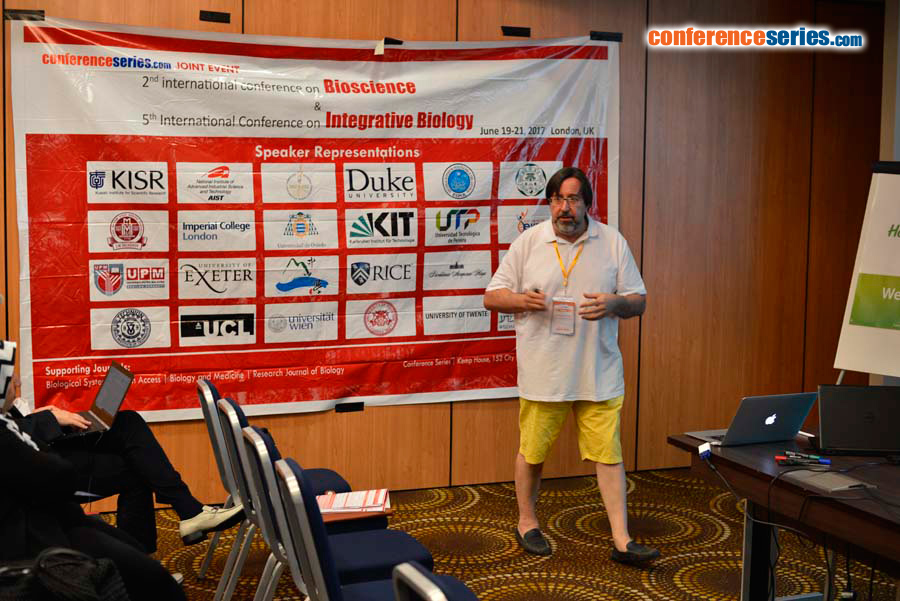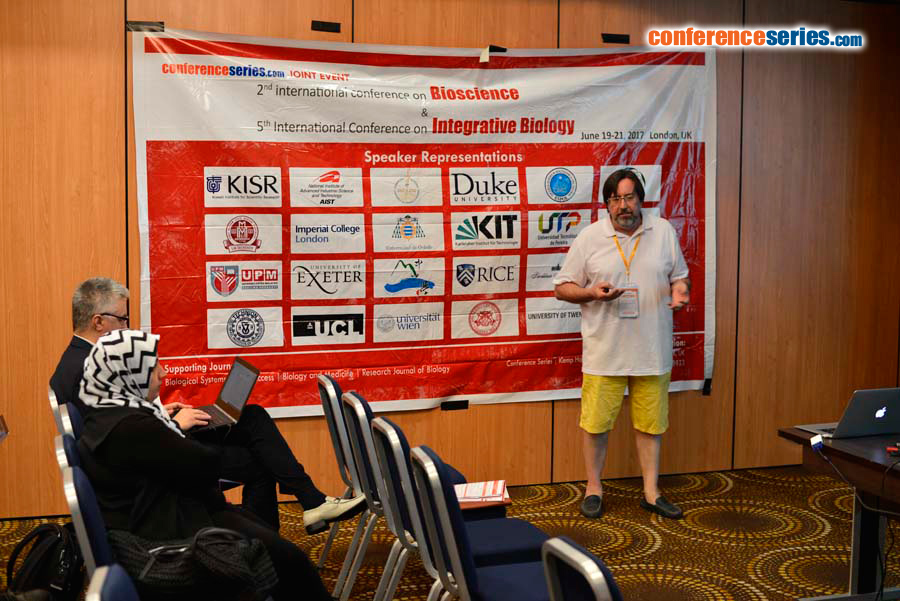
Bernard Lopez
Institute Gustave Roussy, France
Title: Promoter sequences of genes controlling genome stability are altered in late G2 phase, following low/endogenous replication stress
Biography
Biography: Bernard Lopez
Abstract
Replication stress is an endogenous stress that can be at the origin of senescence or tumour initiation. Replication stress can generates mitosis defects including anaphases bridges, expression of common fragile sites, extra-centrosomes and multipolar segregations. All these troubles generate uneven chromosome segregation and aneuploidy. This suggests that DNA damages arising from replication should reach mitosis. To test this hypothesis wen checked the accumulation of foci of RPA, which recognize single-stranded DNA, in cells in late G2, following a low or endogenous replication stress. Cells treated with low doses of hydroxyurea (HU, 10 µM) or untreated cells defective for homologous recombination (HR); which plays a pivotal role in the resumption of arrested replication forks, both experience an increase in the number of RPA foci, in late G2 phase. These foci do not colocalise with progressing replication forks completing replication, and thus should correspond to spontaneous replication fork arrest. ChIP-seq analysis with RPA antibodies in G2 phase, reveals two types of enrichment efficiency. Highly enriched sequences (more than 400) do not contained fragile sites and correspond to early replicating sequences. Interestingly many of these sequences correspond to transcription starting sites (TSS), revealing thus the conflict between replication and transcription. Among the genes involved a set of 10 genes involved in DNA damage response and cell cycle checkpoint have been selected and specific chromatin-IP experiment confirmed the binding of RPA after HU. Therefore promoters of genes controlling genome stability are hot spots of endogenous/low replication stress favouring damaged cells to escape to cell surveillance. Therefore should amplify genome instability.



